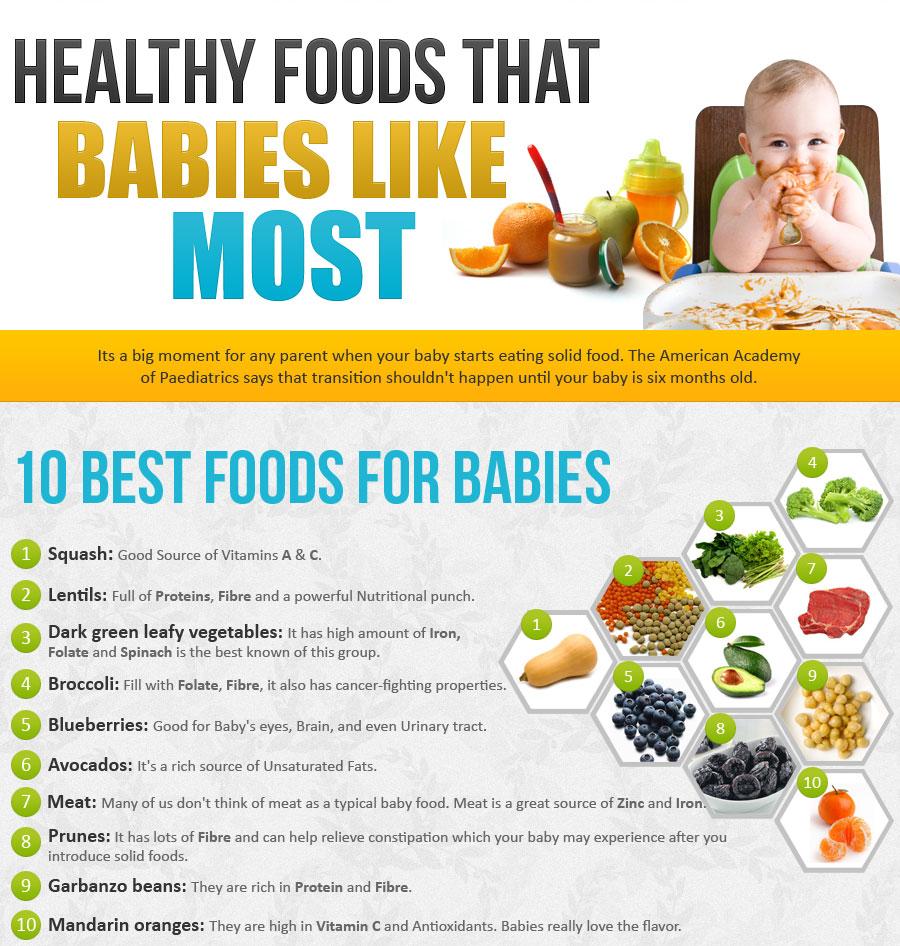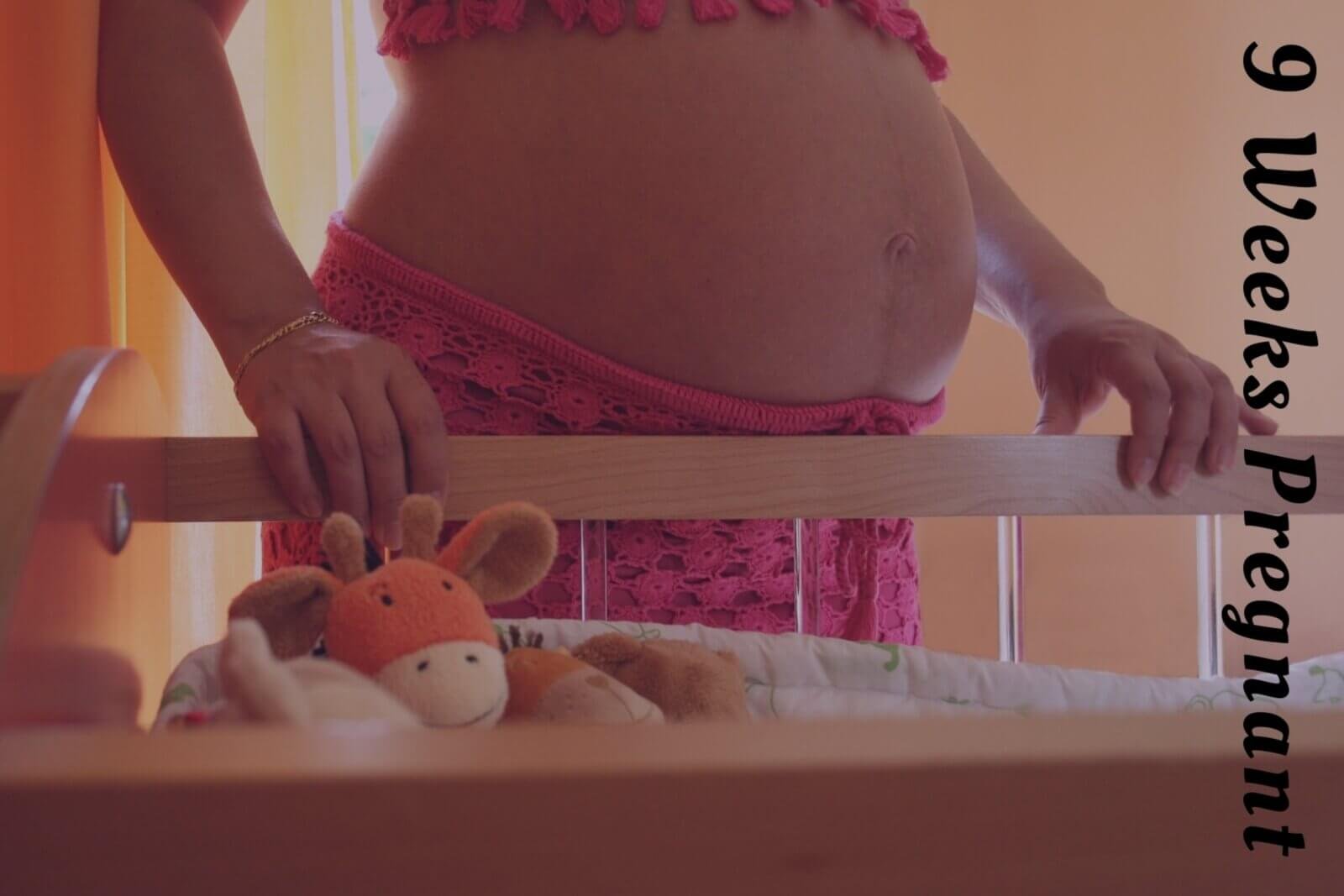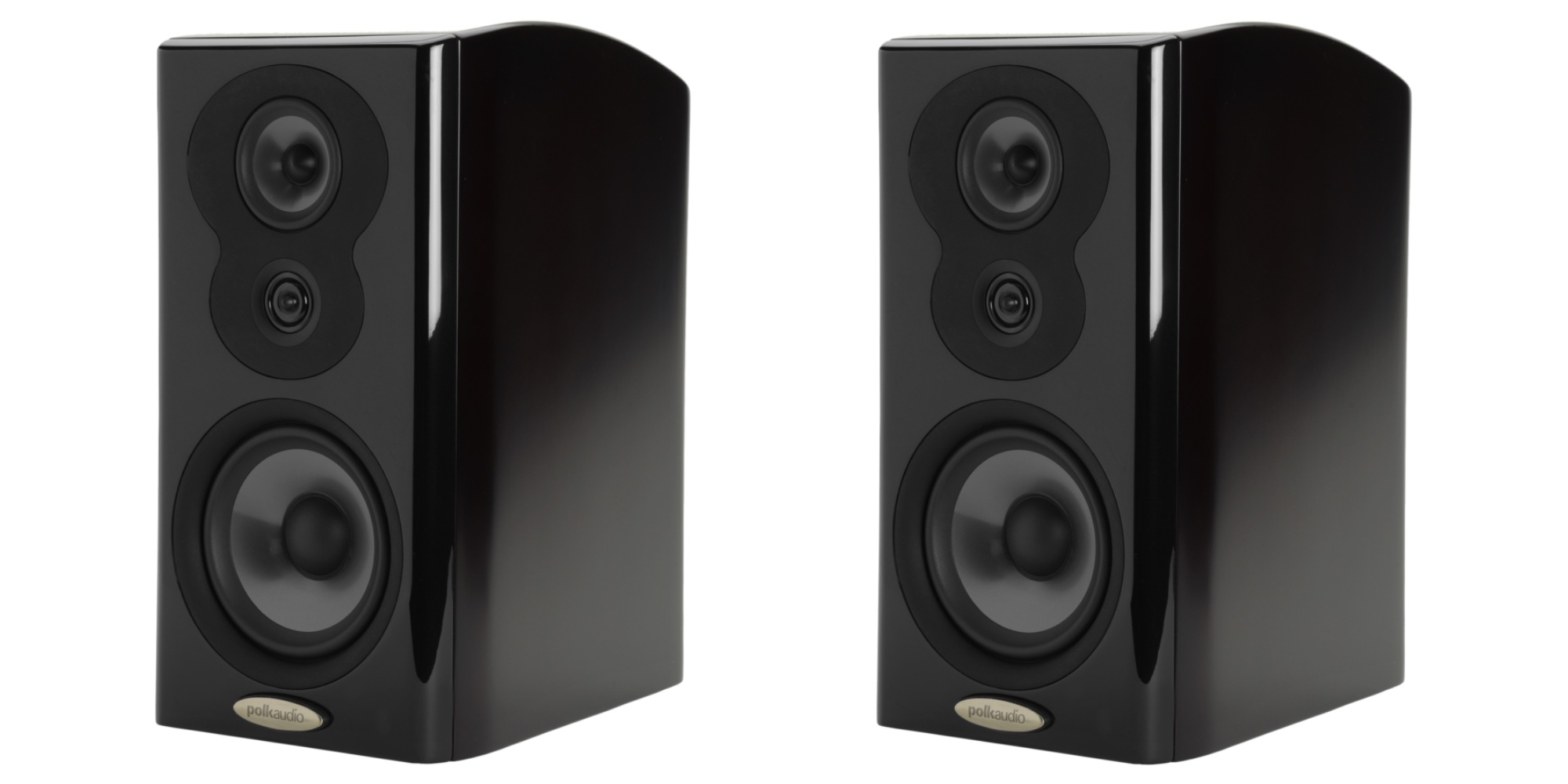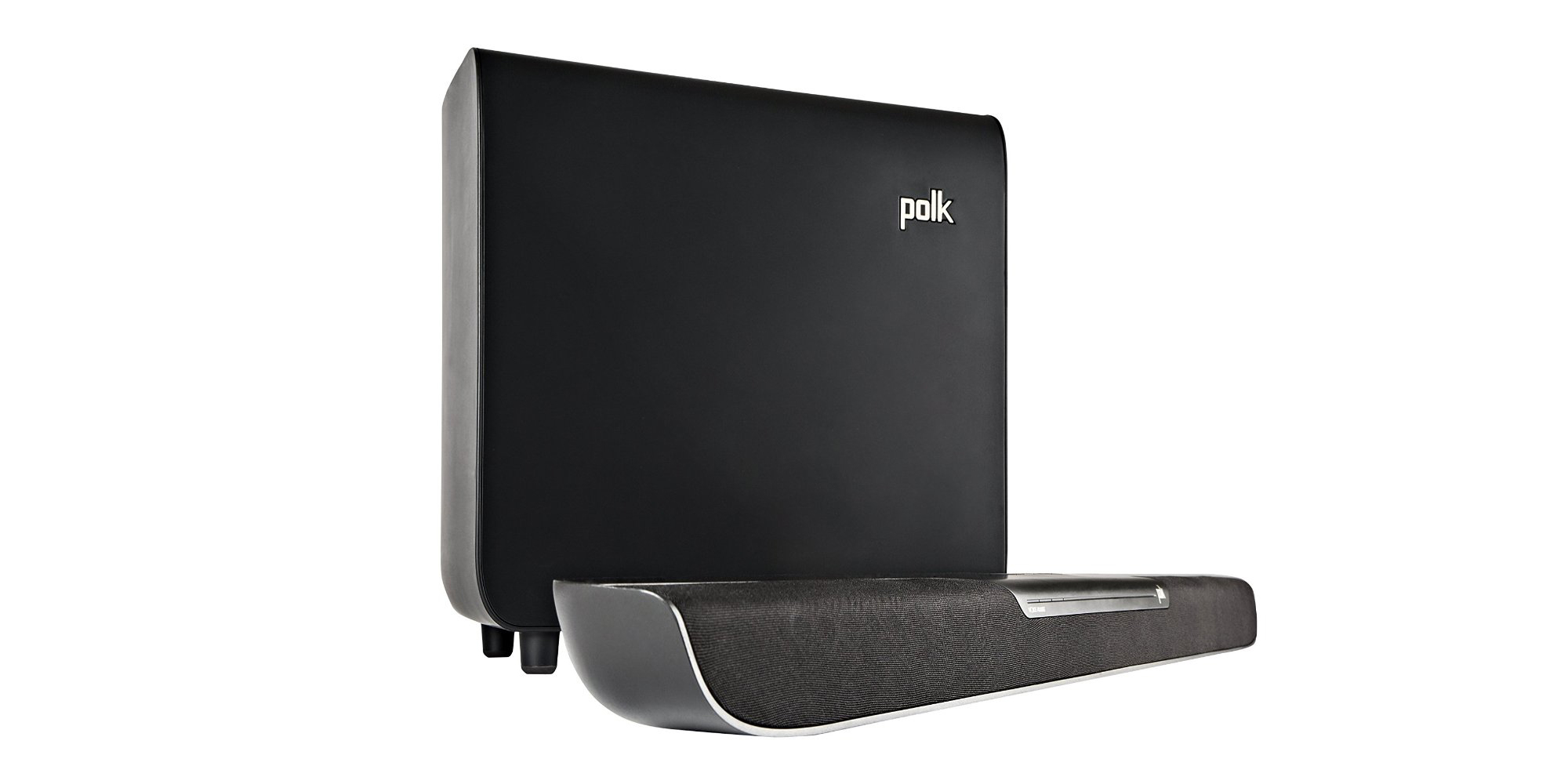Table of Content
Remove the syringe from your baby's nostril and empty the contents onto a tissue by squeezing the bulb rapidly while holding the tip down. Encourage your baby to take in the usual amount of fluids. Breast milk offers extra protection from cold-causing germs. If your baby is younger than 3 months of age, call his or her doctor early in the illness. In newborns, it's especially important to make sure that a more serious illness isn't present, especially if your baby has a fever.
With proper care and medical attention, you can help your baby recover from a dry cough. You may also get in touch with your baby’s doctor and know about various ways of dealing with this condition in the best possible way. This soup aids in fighting cold and cough symptoms. Boil them in water for about 10 minutes, and strain. The most effective way to ward off a dry cough due to environmental irritants is to expose your baby a little less to the outdoors. Remember to use an artificial humidifier to keep the air moist for your baby during winters.
Organic Valerian Root Benefits & Common Uses
It also assists in alleviating symptoms such as a runny nose and sore throat. You can make a herbal rub with mustard oil, carom seeds, methi seeds and garlic. The warming properties of mustard oil and anti-bacterial properties of garlic and carom prove beneficial in combating congestion. Heat ¼ cup of mustard oil in a pan, and add in two garlic cloves and half a teaspoon of carom seeds. Apply this warm oil on your baby’s chest, back and feet. Once your doctor establishes that pertussis is the cause of a dry cough, they will prescribe a course of antibiotics to your baby.

This happens because the virus of the larynx causes the lungs and windpipe to become swollen and narrowed. This affects the baby's breathing, causing coughing. In the United States, it is estimated that about 10% of children take cough medicine every week. Coughing also causes the child to regularly visit the doctor. Khichdi and warm soup make for excellent supplement food for children. It is calming, comforting, and relieves all kinds of cold and cough.
ABOUT BABYCENTER
You can learn more about how we ensure our content is accurate and current by reading our editorial policy. Wipe away excess mucus with a soft, dry tissue or cloth. Add one or two drops of saline to their nostril using a small syringe.
This post is about the 67 home remedies for cold and cough in babies, toddlers and kids. If they won't drink milk, consult with your doctor to make sure they don't become dehydrated—and ask if you can offer them an electrolyte solution. Feeding your baby in an upright position can also help ease congestion and prevent mucus from running down their throat while drinking. Give half a teaspoon to children ages 1 to 5 years and one teaspoon to kids ages 6 to 11. If your child won't take honey directly, you can also add it to warm water, herbal tea, or warm milk. Give your child plenty of warm water as this helps to prevent dehydration.
Use saline drops
Irritants often enter the lungs while breathing, and in some cases, it may lead to a dry cough. A dry cough may irritate the baby’s lungs and throat. Make sure she is given bath in luke warm water. Let her sleep on her sides so taht she can breathe. Give her mild vegetable soup and rub ajwain potli on her sole of feet and chest. Mix turmeric powder, ghee and jaggery powder to form small balls.

Chamomile tea is well known for its anti-inflammatory, antibacterial, relaxing and antispasmodic properties . These properties are helpful in treating indigestion, menstrual cramps, diarrheaand irritable bowel syndrome. It also aids in soothing the throat and clearing congestion. This remedy should be given to babies above six months.
Home Remedies Suitable for Babies of Ages 9 Months and Above
When children have fever or sneezing but are not treated promptly and definitely, their airways become infected, causing coughing. The reason is that children have sensitive lungs. Remember to give your baby an age-appropriate remedy for his cold and cough. As mentioned earlier, a cold environment becomes a breeding ground for cold and cough.
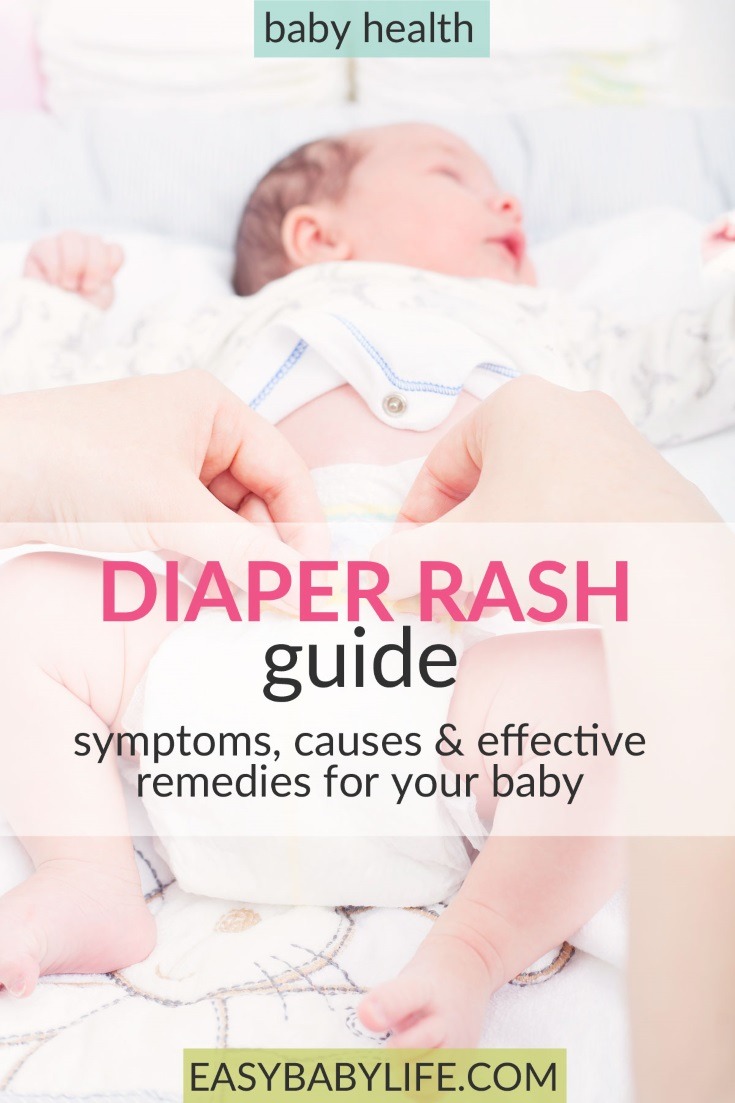
Add ginger to boiled water and leave for 5 minutes. Add honey to the onion juice, then steam the mixture. Leave for 5 minutes to reduce the temperature of the mixture and let your child drink. Prepare 300 ml breast milk, 2-3 tablespoons of honey.
The very humble green lady’s finger can help baby get rid of cold and cough. You can take some cotton and dip it in some nilgiri oil. Placing it in the room where baby sleeps is found to be effective.
When deciding if you need to keep your child home from child care, follow the same guidelines for a cold. Your pediatrician may prescribe infant acetaminophen or infant ibuprofen, if needed. If your baby is already eating solids, they’ll need to stick with soft foods. On average, babies may have up to seven colds in their first year of life as their immune system develops and matures. Possible signs of asthma in babies include wheezing, flared nostrils, lethargy, and coughing. Mild to moderate congestion is common in babies and should only last for a few days.
Always seek emergency medical care right away if your baby is having difficulty swallowing or breathing. You should also seek emergency medical care if they have unusual drooling, which may mean they’re having trouble swallowing. Symptoms of strep throat in infants may include a fever and very red tonsils. You may also feel swollen lymph nodes on their neck.

